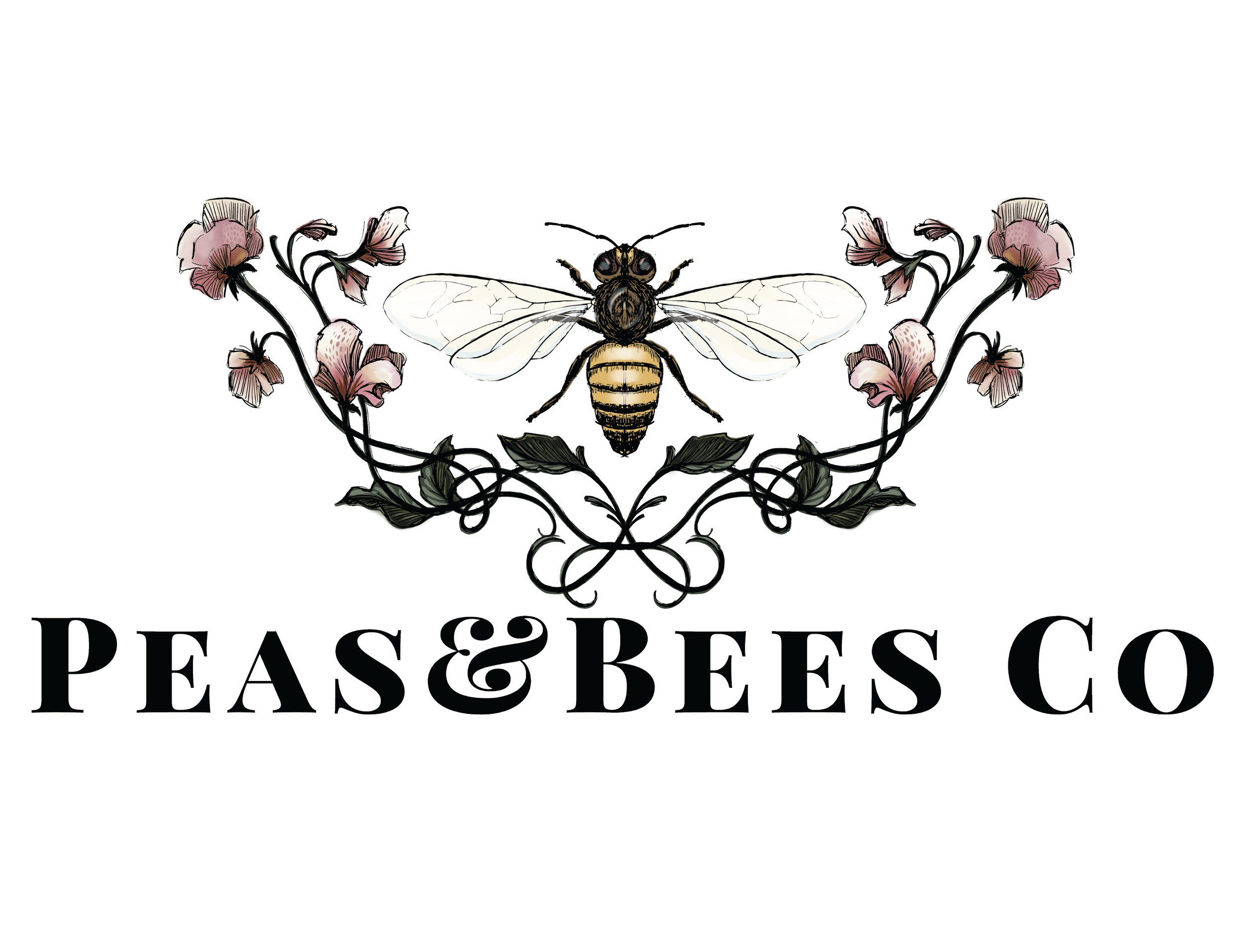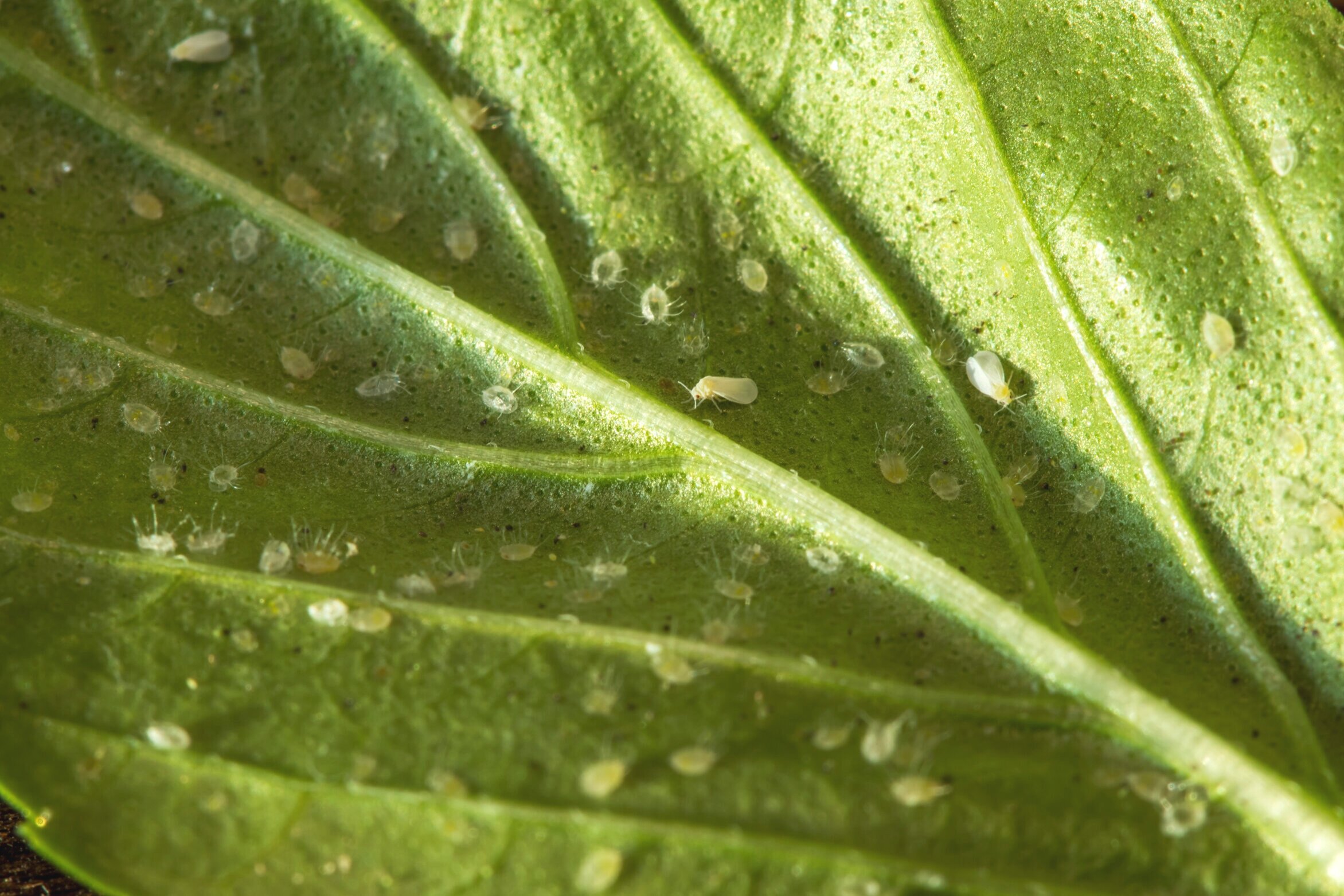Whiteflies
Whiteflies are a common pest in homes and greenhouses. Heavy infestations can cause plant damage, loss of leaves and even plant death. Whiteflies are found on the undersides of leaves where they feed on the plant juices. The nymphs and larvae are small, oval, white and slightly opaque. The most common way to tell if you have whiteflies is to move your plant and disturb the foliage. When this is done the adults with fly up into your face. The adult whiteflies are heart shaped, small and white. They like warmth which is why are the common in greenhouses and homes. Whiteflies life cycle takes only 18 days and they have a lifespan of 30 days. Adult females lay 200-400 eggs which then hatch in 5-10 days. The nymphs and larvae feed on the plant which can turn the leaves mottled or yellow.
The best care is always prevention. Check your plants every time you water or dust them. Check the leaves, underside of leaves, axis, everything. This way if you do end up getting pests (chances are you will at some point because nature can’t be controlled) you will know as soon as possible and can intervene. Pests are far easier to eradicate when there’s only a small amount compared to a heavy infestation.
If you do still get whiteflies, quarantine the plant so they don’t spread to others and try the following remedies:
Sticky traps placed around the affected plants will catch the adults and prevent them from laying more eggs and disrupts the cycle.
Spray the plant with neem oil. Be sure to get it on the bottom of the leaves as well as the axis. This is a natural product that is excellent at killing and preventing pests.
Vacuum the adults.
Spray the leaves down with a heavy stream of water to knock of any pests.
Prune away the heavily infested parts of the plant.
Using cotton swab dipped in rubbing alcohol (full strength or diluted to a 1:1 ratio), wipe off the insects manually.
Repeat whichever of these treatment plans you choose weekly until the whiteflies are gone.
If these tricks don’t work there are other pesticides and treatments available. However, many of them are harsh on the plant and can be harmful to pets and people so follow the directions carefully and use with caution.


